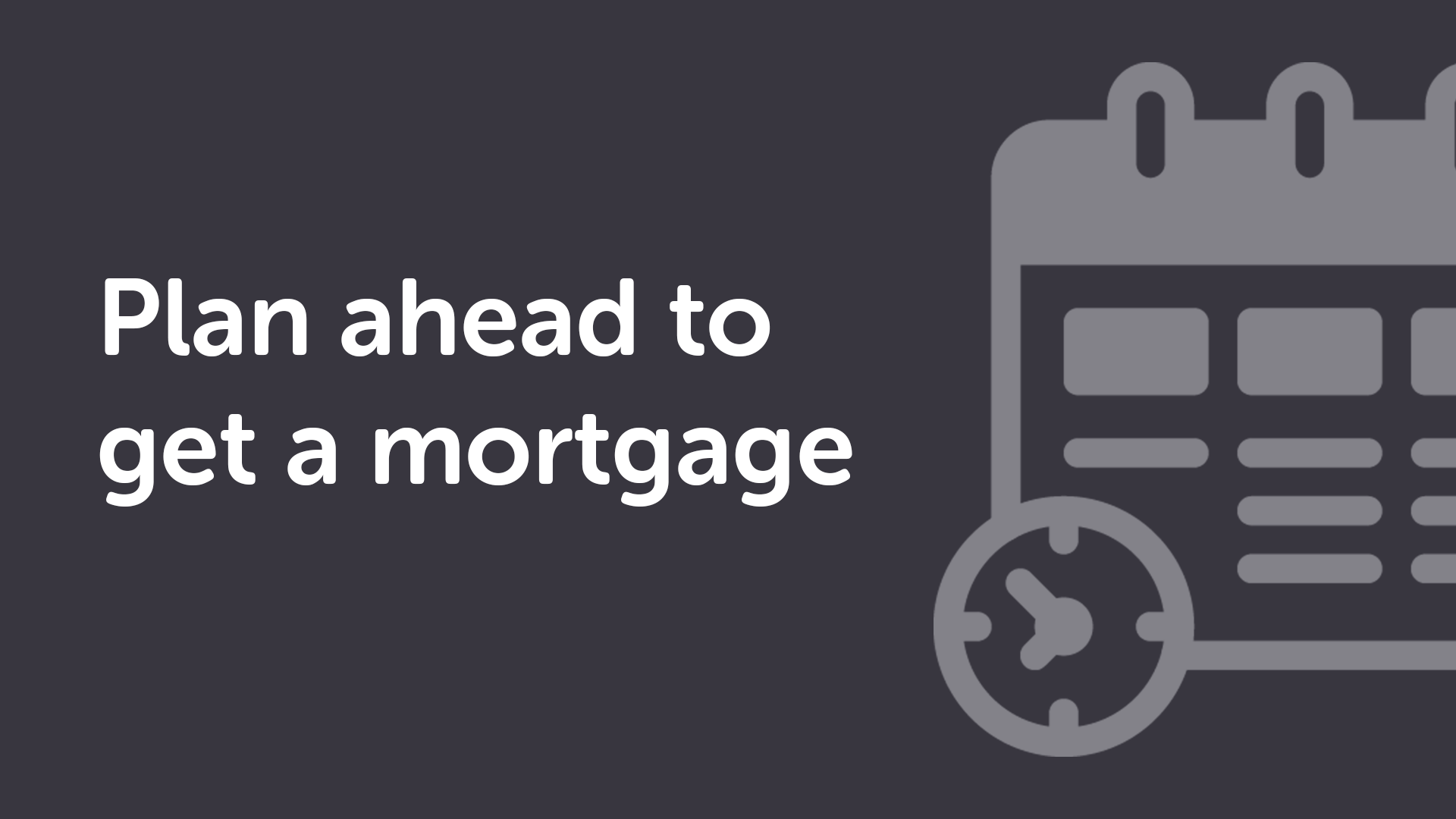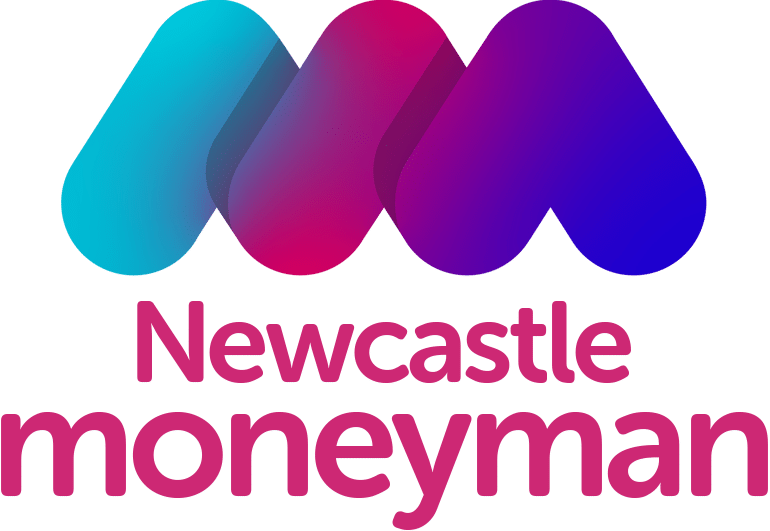As part of the mortgage application process, you will be required to provide supporting documents as evidence of your financial capability and identity verification.
These documents play an important role in demonstrating your ability to afford a mortgage and confirming your identity. The specific documents that you will need to provide may vary, but typically they include the following:
- Photographic ID: This can be in the form of a valid passport or driver’s license, which serves as proof of your identity.
- Payslips: Recent payslips will be required to verify your income. These documents show your regular earnings from employment.
- Latest P60: This is a summary of your annual income and tax deductions provided by your employer. It offers an overview of your earnings for the previous tax year.
- Proof of Address: Documents such as utility bills, bank statements, or a tenancy agreement can serve as proof of your current residential address. These should display your name and address clearly.
- Bank Statements: Your bank statements from the past few months will be requested to assess your financial stability and monitor your transaction history.
These are just a few examples of the documents that you may be asked to provide. It’s important to note that the specific requirements may vary depending on the lender and your individual circumstances.
Your mortgage advisor will guide you through the document submission process and inform you of any additional documents that may be needed.
Why do lenders ask to see my bank statements?
Mortgage lenders have a responsibility to ensure that borrowers can afford their mortgage payments. While an Agreement in Principle (AIP) indicates their initial willingness to lend, it is subject to verification through the submission of evidential documents.
Bank statements play a significant role in this verification process. They provide a detailed overview of your financial transactions, including your spending habits. Mortgage lenders carefully analyse these statements to gain insights into your financial behavior.
This includes not only regular expenses but also discretionary spending such as social outings and online transactions, including gambling activities. By examining your bank statements, mortgage lenders assess your financial management skills and determine if you are a reliable borrower.
For instance, consistently exceeding your overdraft limit or demonstrating a pattern of excessive spending may raise concerns about your ability to manage mortgage payments.
The mortgage lender’s decision ultimately comes down to risk assessment. If your spending patterns indicate a potential struggle in meeting mortgage obligations, the mortgage lender may be hesitant to approve your application.
It is essential to demonstrate responsible financial behavior and maintain a healthy financial profile to increase your chances of mortgage approval.
By managing your finances prudently and showcasing a consistent track record of meeting financial obligations, you can instill confidence in mortgage lenders regarding your ability to afford a mortgage.
What specifically will they be looking for?
When reviewing your bank statements during a mortgage application, mortgage lenders pay close attention to certain aspects. It’s important to understand what they are looking for to ensure a smooth application process. Here are some key factors to keep in mind:
1 – Gambling Transactions
Mortgage lenders closely inspect gambling transactions on bank statements. While occasional gambling may not significantly impact your application, frequent large-scale gambling could raise concerns.
A mortgage lender will aim to establish your financial reliability, and excessive gambling may be viewed as a potential risk, indicating an unstable financial situation.
2 – Exceeding Your Overdraft
Consistently exceeding your overdraft limit raises red flags for mortgage lenders. They assess your ability to manage your finances and gauge your capacity to handle additional financial commitments like a mortgage.
While occasional use of an overdraft is common, excessive reliance on it may impact your chances of approval.
3 – Bounced Direct Debits
Mortgage lenders pay attention to any instances of bounced direct debits on your bank statements. This indicates a failure to meet financial obligations promptly.
While an occasional occurrence may not have a significant impact, repeated instances can raise concerns about your ability to manage your financial responsibilities effectively.
4 – Failing to Pay Off Loans and Credit Cards
Mortgage lenders will also analyse your loan and credit card commitments. They want to ensure that you have accurately disclosed these financial obligations and can comfortably meet the payments for both the mortgage and existing debts.
Failure to meet loan or credit card payments consistently may raise doubts about your financial stability.
It’s important to remember that these factors are considered within the broader context of your financial situation. Occasional occurrences may not be detrimental to your application, but a pattern of financial instability could affect your prospects.
Demonstrating responsible financial management and the ability to meet all financial commitments will strengthen your application. Speaking with a mortgage broker in Newcastle can provide further guidance on managing your finances and improving your chances of mortgage approval.
What can I do to show my lender that I’m a reliable applicant?
Having helped numerous first time buyers in Newcastle and home movers in Newcastle, we understand that most lenders require applicants to provide bank statements spanning at least three months.
While you cannot alter past bank statements, you have control over your future financial actions. Prior to submitting your final mortgage application, it is important to prepare and ensure that your financial records present you in a positive light.
As a reputable mortgage broker in Newcastle, we offer the following recommendations to demonstrate your reliability as an applicant:
- Gambling: If you engage in frequent gambling activities, we suggest taking a break for a while. Not only can this positively impact your financial situation, but it may also benefit your overall well-being.
- Savings: Demonstrating your ability to save money and showcasing your efforts to afford a mortgage can greatly enhance your application. Building up savings highlights your financial responsibility and shows lenders that you are actively preparing for homeownership.
By implementing these practices, you can strengthen your financial profile and present yourself as a dependable mortgage applicant. Our team is here to provide further guidance and support as you navigate the mortgage application process in Newcastle.
Speak to a Mortgage Advisor in Newcastle
To make your mortgage application shine, it’s highly recommended to reach out to a trusted mortgage broker in Newcastle like us, who specialise in providing expert mortgage advice in Newcastle.
With over two decades of experience in helping individuals with their mortgage requirements, we have the expertise to support you effectively. You could be our next success story!
We understand the intricacies of the mortgage process, and our team is dedicated to helping you navigate it smoothly.
To address any queries or concerns you may have, we offer a free mortgage appointment. Rest assured that we have helped numerous applicants in similar situations, and we are well-equipped to guide you through the process.
Don’t hesitate to contact us today and take advantage of our expertise in securing the right mortgage for you. Let us help you achieve your mortgage goals in Newcastle.
Date Last Edited: June 26, 2023















